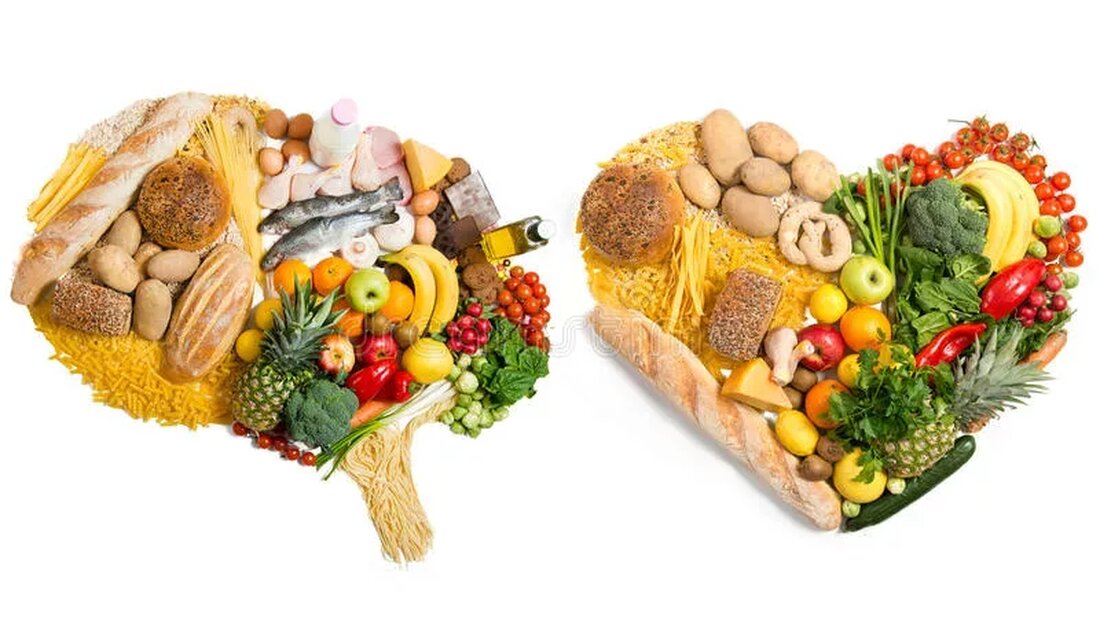Fight candida in the gut with natural remedies
Candida or Candida albicans is a natural yeast that lives and grows in your intestines. It is a single-celled yeast that is essentially a type of fungus, and it is just one type of several hundred different types of microorganisms that live in the gut. Generally, the presence of these microorganisms does not pose a threat to our health, but when an overgrowth of Candida occurs, a serious condition known as candidiasis can result. Symptoms to Watch Out For Unfortunately, there are a variety of symptoms that can accompany the presence of candidiasis, making the diagnosis...

Fight candida in the gut with natural remedies
Candida or Candida albicans is a natural yeast that lives and grows in your intestines. It is a single-celled yeast that is essentially a type of fungus, and it is just one type of several hundred different types of microorganisms that live in the gut. Generally, the presence of these microorganisms does not pose a threat to our health, but when an overgrowth of Candida occurs, a serious condition known as candidiasis can result.
Symptoms to watch out for
Unfortunately, there are a variety of symptoms that can accompany the presence of candidiasis, making diagnosis somewhat difficult. If you notice any of these symptoms, especially if you suffer from most or all of them, consult your doctor for a thorough examination. It's never a good idea to try to diagnose yourself.
- Blähungen
- Chronische Müdigkeit oder Muskelschwäche
- Depression
- Reizdarmsyndrom
- Gelenkschmerzen
- Unterbauchschmerzen
- Soor
- Infektion der Harnwege
Candida is most commonly diagnosed in women, but men are also at risk, so everyone should be aware of how serious a candida overgrowth can be.
One of the reasons this condition is so prevalent in modern society is the abundance of refined carbohydrates and sugar in our diet. Why is this such a problem?
When we eat sugary foods, Candida ferments in our gut, producing carbon dioxide. This leads to bloating, bloating, and general abdominal discomfort. It also produces alcohol and other chemicals that irritate the intestinal lining. The end result of this chain of events is either diarrhea or constipation.
It's important to note that candida can spread throughout the body and is not just limited to your gut. As candida spreads throughout your body, it begins to produce larger and larger amounts of toxic byproducts. These byproducts have a terrible effect on the body, causing a variety of psychological and physical symptoms.
Natural remedies
If you have candida (or suspect you have it), there are some positive steps you can take to control and ultimately eliminate this serious health problem. One of the first things you should do is reduce your carbohydrate and sugar intake. For many people, this is not easy, so it may be necessary to gradually reduce many of the foods or drinks you are used to.
Don't be discouraged if you need to change your diet gradually. The reality is that gradual changes generally tend to stick with us in the long term, while sudden diet and lifestyle changes leave us feeling deprived and usually fail.
You should try to eliminate dairy products and foods that contain yeast as these products will only serve to worsen your condition. So, what should you eat? The best things to add to your diet are salads, fresh vegetables (but not starchy ones), fish, chicken and red meat. Choose organic foods whenever possible so you can avoid consuming the antibiotics that are added to some foods, especially meat.
Another thing you should do is take some supplements designed to help people suffering from candida overgrowth. Grapefruit seed extract, aloe vera juice, acidophilus and milk thistle are excellent supplements to eliminate this problem. You should also try to drink plenty of water every day to remove the accumulated toxins from your body.

 Suche
Suche
 Mein Konto
Mein Konto
